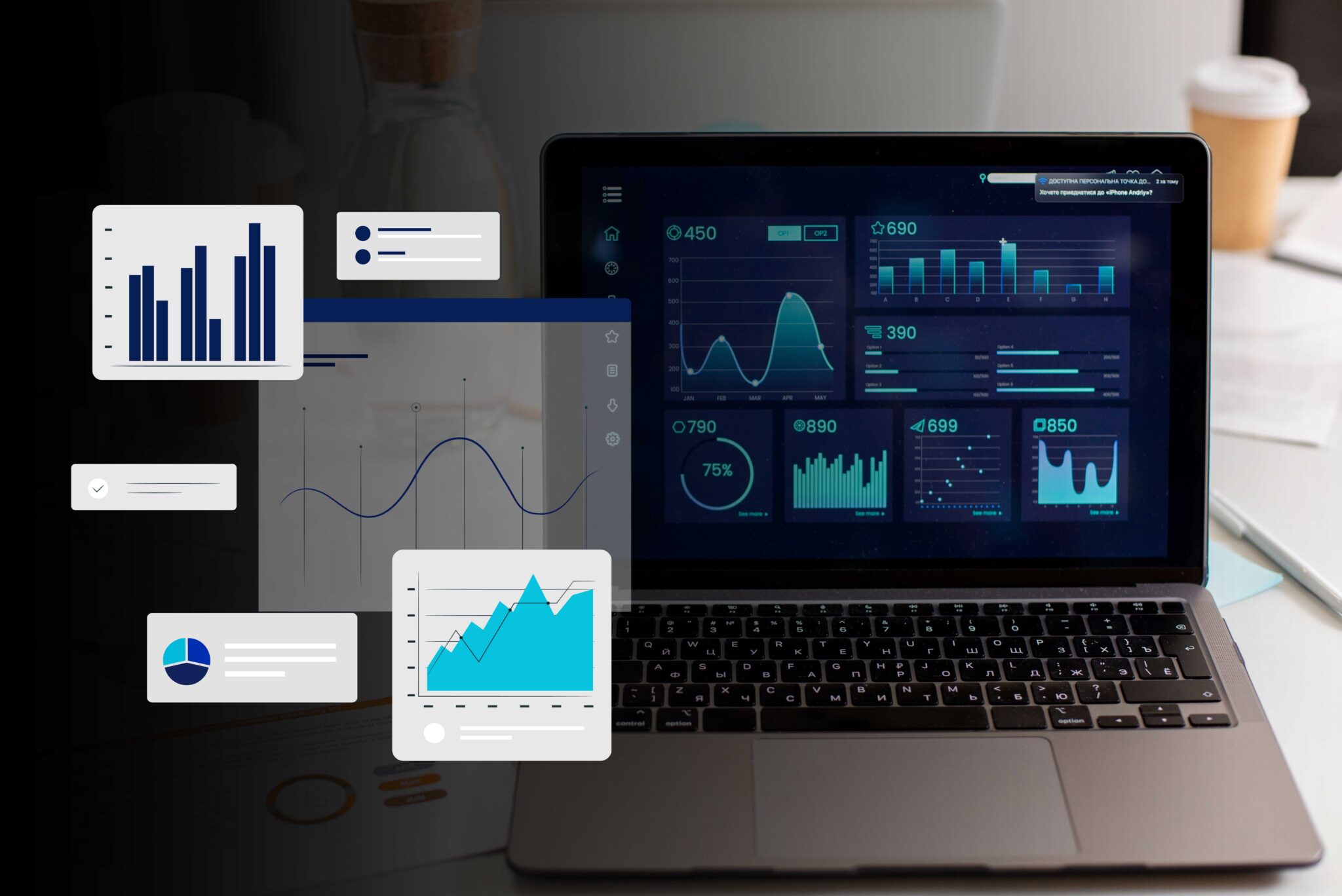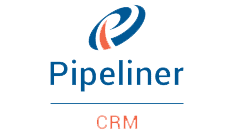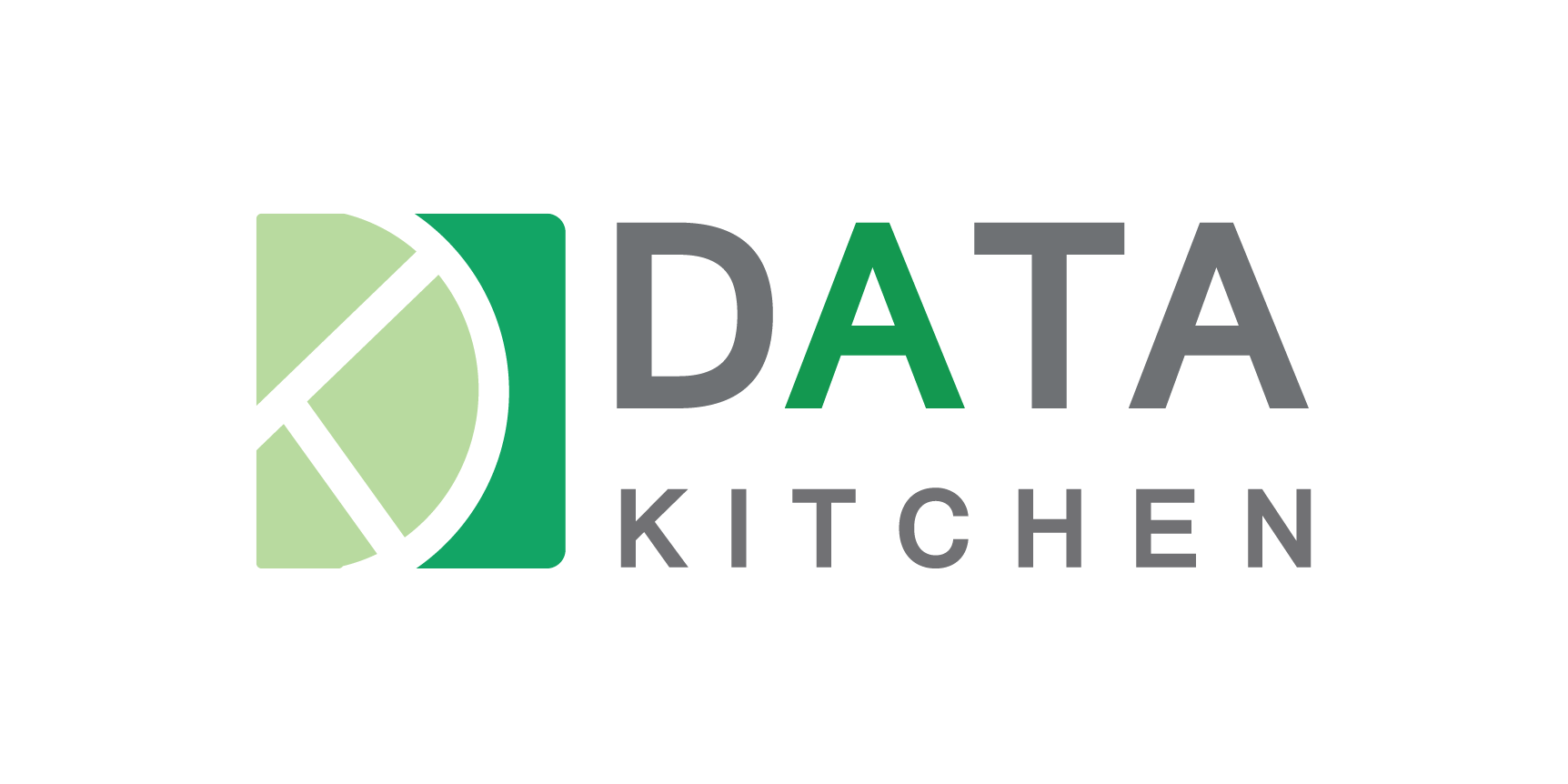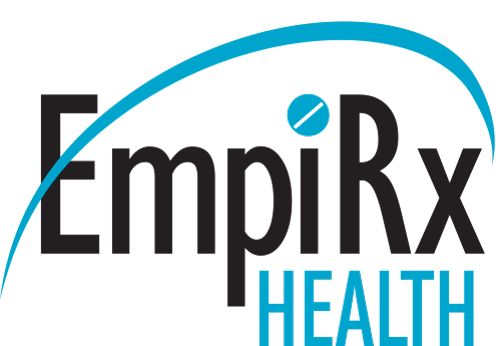Data Compliance
Organizations are under increasing pressure to ensure that their practices align with regulatory standards and industry guidelines as data use has become increasingly data-centric. We specialize in assisting businesses with Data Compliance, protecting sensitive information, and building trust with stakeholders.

Our Data Compliance Services
Data Compliance Assessment

Current-State Analysis
We begin with an in-depth assessment of your existing data practices and compliance status.

Gap Analysis
Identifying areas where your organization may fall short of compliance requirements.
Compliance Strategy Development

Strategic Planning
Collaboratively defining your compliance objectives and aligning them with regulatory standards.

Compliance Roadmap
Creating a clear, actionable plan to guide your compliance initiatives.
Data Governance and Risk Management

Governance Framework
Establishing policies and procedures for data quality, security, and compliance.

Risk Assessment
Identifying potential risks and developing mitigation strategies.
Regulatory Compliance

Data Protection Regulations
Ensure compliance with GDPR, CCPA, HIPAA, and other data protection laws.

Data Classification
Data classification system is to categorize data based on its sensitivity and regulatory requirements.
Data Security Measures

Security Protocols
Implement robust security measures to protect your data.

Encryption and Access Control
Ensuring data is encrypted and access is restricted to authorized personnel.
Privacy management

Privacy Policies and Notices
Developing clear and concise privacy policies and notices for data subjects.

Consent Management
Implementing processes for obtaining and managing user consent.
Data Compliance Audits

Regular Audits
Conduct periodic compliance audits to ensure ongoing adherence to regulations.

Audit Reporting
Providing comprehensive reports for stakeholders and regulatory bodies.
Employee Training and Awareness

Training Programs
Educating employees on data compliance best practices.

Awareness Campaigns
Fostering a culture of data compliance within your organization.
How can you benefit from Data Compliance?
Enhanced Trust and Reputation
- By demonstrating a commitment to protecting individuals' privacy and complying with data protection regulations, organizations can build trust with customers, partners, and stakeholders. A strong reputation for data compliance can differentiate an organization in the market and attract customers who prioritize privacy and security.
Mitigation of Legal and Regulatory Risks
- Compliance with data protection regulations helps mitigate legal and regulatory risks associated with data breaches, non-compliance fines, and lawsuits. By proactively adhering to regulatory requirements, organizations can avoid costly penalties and legal liabilities.
Improved Data Security
- Compliance with data protection regulations often requires implementing robust security measures to safeguard personal data. These security enhancements not only help achieve compliance but also strengthen overall data security posture, reducing the risk of data breaches and unauthorized access.
Streamlined Operations
- Implementing data compliance measures often involves reviewing and optimizing data management processes and systems. By streamlining data collection, storage, processing, and sharing practices, organizations can improve operational efficiency and reduce overhead costs.
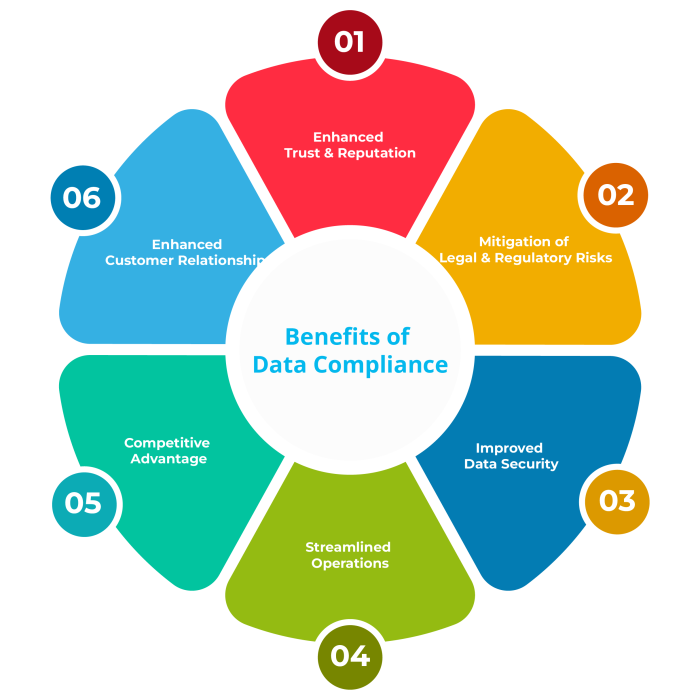
How it Works
01.Understanding Regulatory Frameworks
-
Research and Analysis : Conduct thorough research to understand relevant data protection regulations such as GDPR, CCPA, and HIPAA. Analyze the specific requirements and obligations imposed by each regulation.
-
Gap Analysis : Assess the organization's current data practices and policies against regulatory requirements to identify gaps and areas of non-compliance.
- Legal Consultation : Seek guidance from legal experts specializing in data protection law to interpret regulatory requirements accurately and ensure compliance.
03. Implementing Technical and Organizational Measures
- Data Encryption : Implement encryption techniques to secure sensitive data both in transit and at rest, reducing the risk of unauthorized access and data breaches.
-
Access Controls : Utilize access control mechanisms such as role-based access control (RBAC) and multi-factor authentication (MFA) to restrict access to personal data based on job roles and authorization levels.
- Data Minimization : Adopt principles of data minimization by limiting the collection, storage, and retention of personal data to what is necessary for the intended purpose, reducing privacy risks.
02. Developing Compliance Strategies
-
Policy Development : Develop comprehensive data protection policies and procedures outlining how personal data is collected, processed, stored, and shared in compliance with regulations.
-
Training and Awareness : Provide regular training sessions and awareness programs to educate employees about data protection principles, regulatory requirements, and their roles and responsibilities in ensuring compliance.
- Risk Assessment and Mitigation : Conduct risk assessments to identify potential privacy and security risks associated with data processing activities. Implement measures to mitigate identified risks and strengthen data protection controls.
04. Monitoring and Continuous Improvement
-
Compliance Audits : Conduct regular internal audits to assess compliance with data protection regulations and organizational policies. Identify areas of non-compliance and implement corrective actions.
-
Incident Response Planning : Develop and regularly test incident response plans to ensure prompt detection, containment, and mitigation of data breaches or security incidents.
- Regulatory Updates : Stay informed about changes and updates to data protection regulations and adjust compliance strategies and practices accordingly to maintain compliance.
01. Strategy
- Clarification of the stakeholders’ vision and objectives
- Reviewing the environment and existing systems
- Measuring current capability and scalability
- Creating a risk management framework.
02. Discovery phase
- Defining client’s business needs
- Analysis of existing reports and ML models
- Review and documentation of existing data sources, and existing data connectors
- Estimation of the budget for the project and team composition.
- Data quality analysis
- Detailed analysis of metrics
- Logical design of data warehouse
- Logical design of ETL architecture
- Proposing several solutions with different tech stacks
- Building a prototype.
03. Development
- Physical design of databases and schemas
- Integration of data sources
- Development of ETL routines
- Data profiling
- Loading historical data into data warehouse
- Implementing data quality checks
- Data automation tuning
- Achieving DWH stability.
04. Ongoing support
- Fixing issues within the SLA
- Lowering storage and processing costs
- Small enhancement
- Supervision of systems
- Ongoing cost optimization
- Product support and fault elimination.
Why Choose Us for Data Compliance

Expertise
Our team comprises experienced data compliance professionals with a deep understanding of data regulations.

Custom Solutions
Tailored compliance strategies designed to meet your specific business and industry needs.
Data Security
We prioritize data security and compliance throughout the compliance journey.

Peace of Mind
We provide the knowledge and tools necessary to achieve and maintain data compliance.





